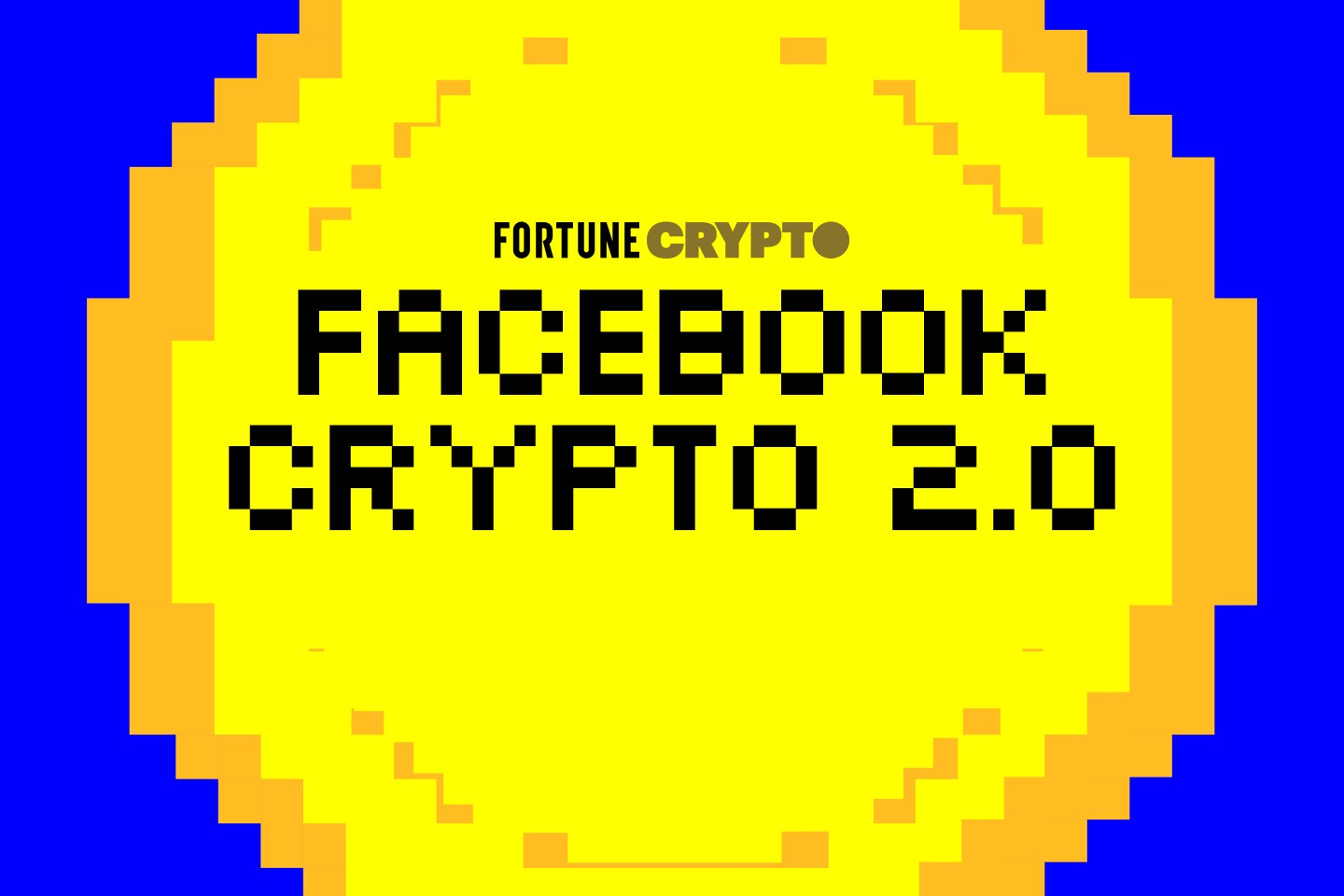FORTUNE — Tesla Motors Inc. (TSLA), the new kid on the block in the auto world, may be a Wall Street darling, but Standard & Poor’s Ratings Services signaled it isn’t impressed with the luxury electric-car maker, and sideswiped it with a junk rating.
The firm rates Tesla six levels into junk, at a B- corporate credit rating, citing concerns about the auto company’s niche market that has a very limited product range, and operating diversity compared to significantly larger and stronger rivals. S&P warned it expects Tesla will face pressure from competitors aiming to penetrate the alternative-fuel vehicles markets with improved automobiles.
MORE: Clues emerge for Tesla’s $5 billion battery factory
“We believe there is considerable uncertainty in Tesla’s long-term prospects and believe that the company is less likely (compared to larger, more established automakers) to successfully adapt to competitive and technological [risks],” wrote S&P credit analyst Nishit Madlani in a research report.
S&P’s rating on Tesla is six notches under the rating of larger peer Ford Motor Co. (F), which has an investment-grade rating, and five levels under General Motors Co. (GM).
Interestingly, S&P’s new rating on Tesla is “unsolicited,” meaning the firm doesn’t have a rating agreement with Tesla. But S&P said it believes there is “sufficient market interest in the company’s obligations to initiate analytical coverage.”
MORE: 9 questions for Tesla’s Elon Musk
Tesla earlier in May reported record sales of the company’s Model S, exceeding Tesla’s own expectations. The automaker intends to expand Model S production later this year and also introduce Model X next year. Tesla also first began to sell cars in China earlier this year, a market the company said could be one of its largest within a few years.
The company’s shares, which closed above $211 on Tuesday, have soared since it went public at $17 in 2010. Investors are betting Tesla can continue to generate strong sales of the company’s pricy electric sedans and potentially a cheaper third-generation vehicle intended for the mass market.
But S&P warned it could lower Tesla’s rating if it appears projected long-term demand fails to meet its estimates, leading to overcapacity. A downgrade could also occur if additional debt funding needs arise, or if cost overruns occur as Tesla aims to expand the Model S into Europe and Asia this year.












